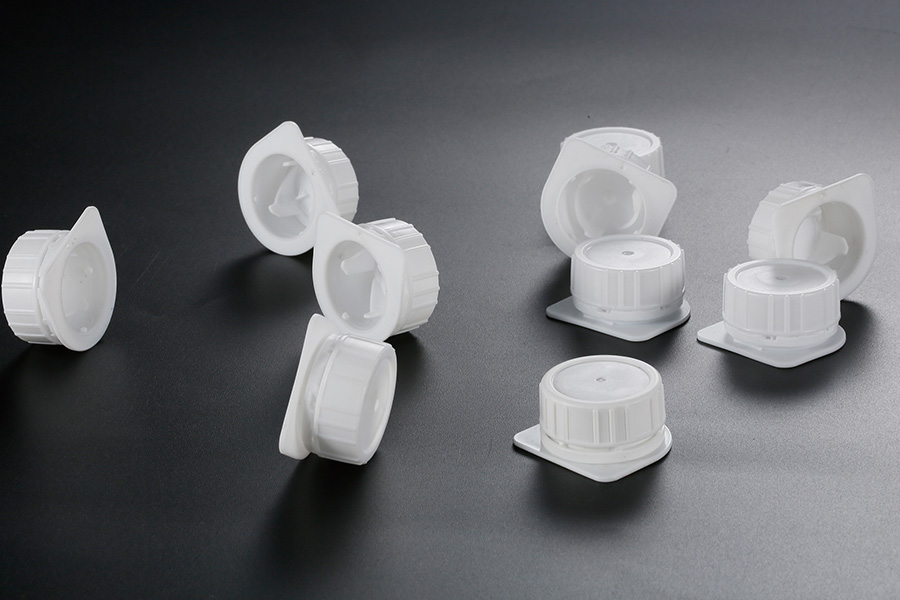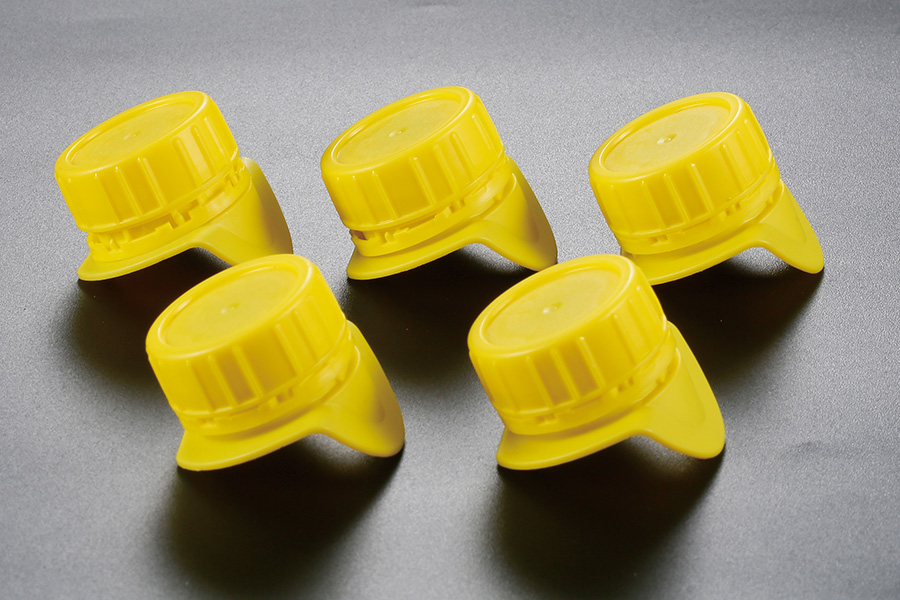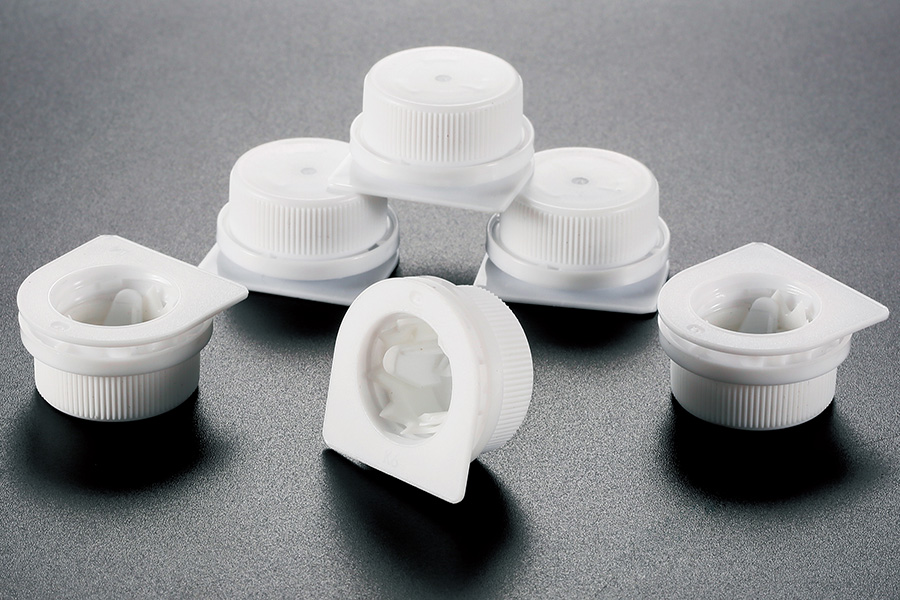The global beverage market has seen a significant transformation in recent years, largely driven by consumer preferences for convenience, safety, and sustainability. One critical element that supports these trends is the use of functional closures. Functional closures in beverage packaging not only provide secure sealing but also enhance user experience and contribute to product preservation. As the demand for innovative packaging solutions grows, so does the importance of custom bottle tops and bottle tops plastic in meeting diverse market needs.

Functional closures are designed to address specific requirements that standard caps or lids cannot fulfill. These include features like resealability, spill resistance, easy opening, and portion control. As beverages vary widely—from juices and waters to dairy and alcoholic drinks—packaging manufacturers and beverage companies seek custom bottle tops that are tailored to the product's unique properties and consumer expectations. This customization extends to the material choice, size, shape, and opening mechanisms, allowing brands to differentiate themselves while ensuring safety and convenience.
One of the key drivers behind the global demand for functional closures is the rising popularity of ready-to-drink (RTD) beverages. Consumers increasingly prefer portable, single-serve packaging that offers convenience without compromising freshness or quality. Bottle tops plastic have become the material of choice for such applications due to their versatility, lightweight nature, and ability to be molded into complex shapes. Plastic caps provide reliable sealing properties and can be engineered with features like tamper evidence and child resistance, which are essential in many markets.
Environmental concerns have also influenced the shift toward more functional packaging. While plastic closures face scrutiny for their environmental impact, advances in materials science have enabled the development of recyclable and lightweight bottle tops plastic. Many manufacturers now offer custom bottle tops made from recyclable plastics that reduce material use without sacrificing performance. Additionally, some closures are designed to be tethered to bottles to prevent littering, aligning with regulations in several countries aimed at reducing plastic waste.
The beverage industry’s growth in emerging markets is another factor fueling the demand for functional closures. In regions where cold chain logistics are less developed, packaging must maintain product integrity over longer periods under variable conditions. Custom bottle tops with enhanced sealing capabilities help extend shelf life and reduce spoilage, supporting market expansion. Moreover, in areas with rising disposable income and urbanization, consumers expect packaging that reflects modern lifestyles, including easy-to-use caps and hygienic features.
Technological innovation in closure design continues to expand the possibilities for beverage packaging. Features such as one-handed opening, integrated straws, and dosing caps cater to the evolving habits of consumers who seek convenience on the go. The flexibility of bottle tops plastic allows these complex designs to be produced efficiently and economically. Brands benefit from the ability to request custom bottle tops that match their product specifications while appealing to targeted consumer segments.
The diversity of beverage types also influences the functional closure requirements. Carbonated drinks, for instance, need caps that maintain carbonation pressure while providing easy opening and reclosing. Juice and dairy products may require closures that prevent contamination and offer freshness seals. Alcoholic beverages might demand tamper-evident or child-resistant features to meet regulatory requirements. In each case, custom bottle tops made from high-quality bottle tops plastic ensure that the closure performs effectively in the intended use environment.
Sustainability trends are prompting beverage companies to consider not only the recyclability of their packaging but also its overall carbon footprint. The lightweight nature of plastic closures contributes to reducing transportation emissions due to lower packaging weight. Additionally, manufacturers can optimize custom bottle tops designs to less material usage without compromising functionality. Innovations in bioplastics and biodegradable plastics are also being explored as alternatives for bottle tops plastic, aiming to meet consumer and regulatory demands for greener packaging solutions.
Collaboration between beverage producers and closure manufacturers plays a crucial role in advancing functional closure technologies. Early involvement in the product development process allows for better integration of closure features with bottle design, filling equipment, and consumer expectations. Customization is at the core of this process, as custom bottle tops must not only fit physical dimensions but also meet performance criteria such as seal integrity, ease of use, and visual appeal.
Market dynamics such as increased competition and consumer demand for product differentiation drive innovation in closures. With bottle tops plastic offering a versatile platform, beverage companies can experiment with color, texture, branding, and functionality to create unique consumer experiences. The demand for premium closures with additional features, such as child resistance or tamper evidence, continues to grow alongside standard closures, reflecting the broad spectrum of beverage products and regulatory environments.
In conclusion, the global demand for functional closures in the beverage markets reflects broader changes in consumer preferences, environmental considerations, and technological capabilities. Custom bottle tops and bottle tops plastic are central to delivering solutions that address convenience, safety, sustainability, and branding needs. As the beverage industry continues to evolve, the role of innovative closures will remain significant in helping companies meet market challenges and consumer expectations.


 English
English  русский
русский عربى
عربى



